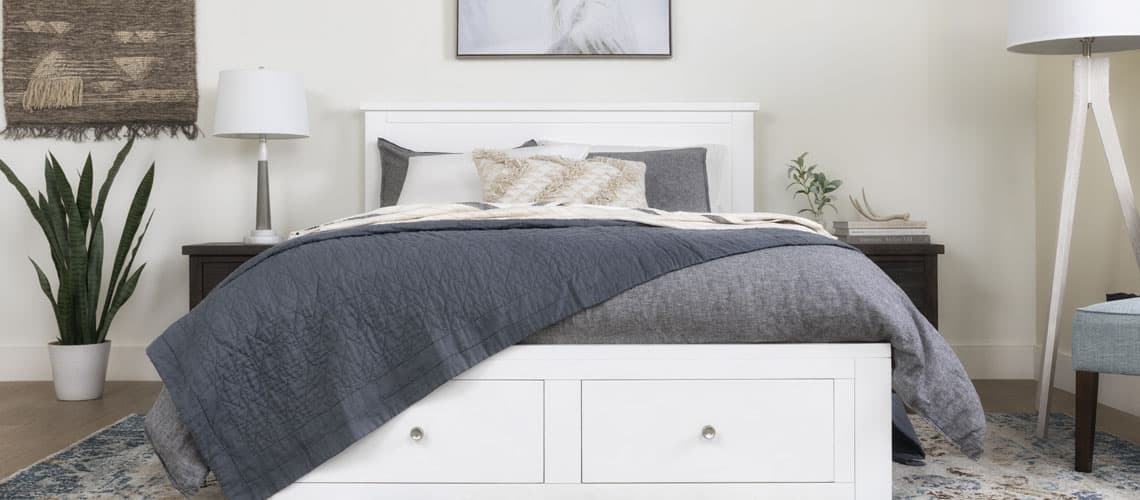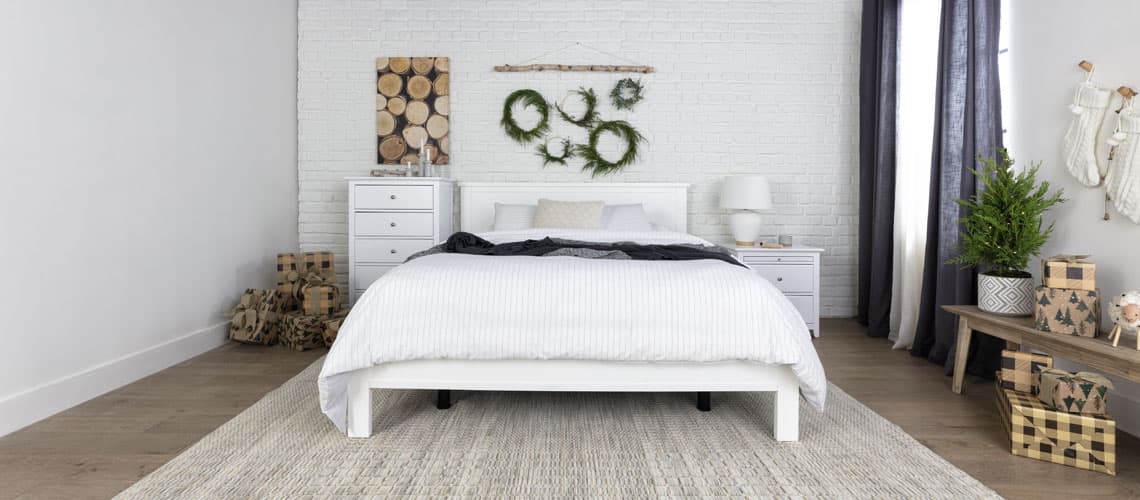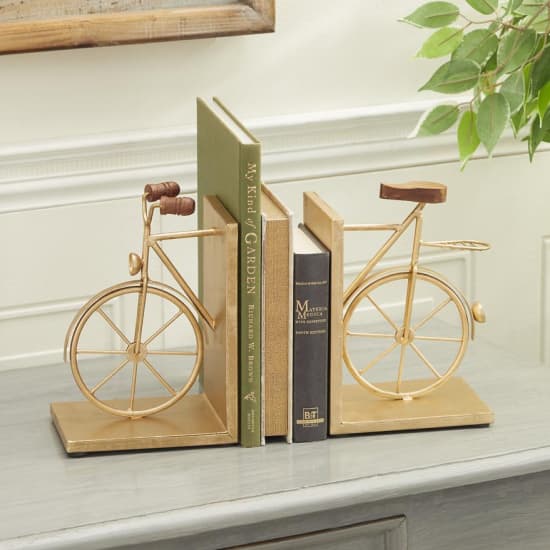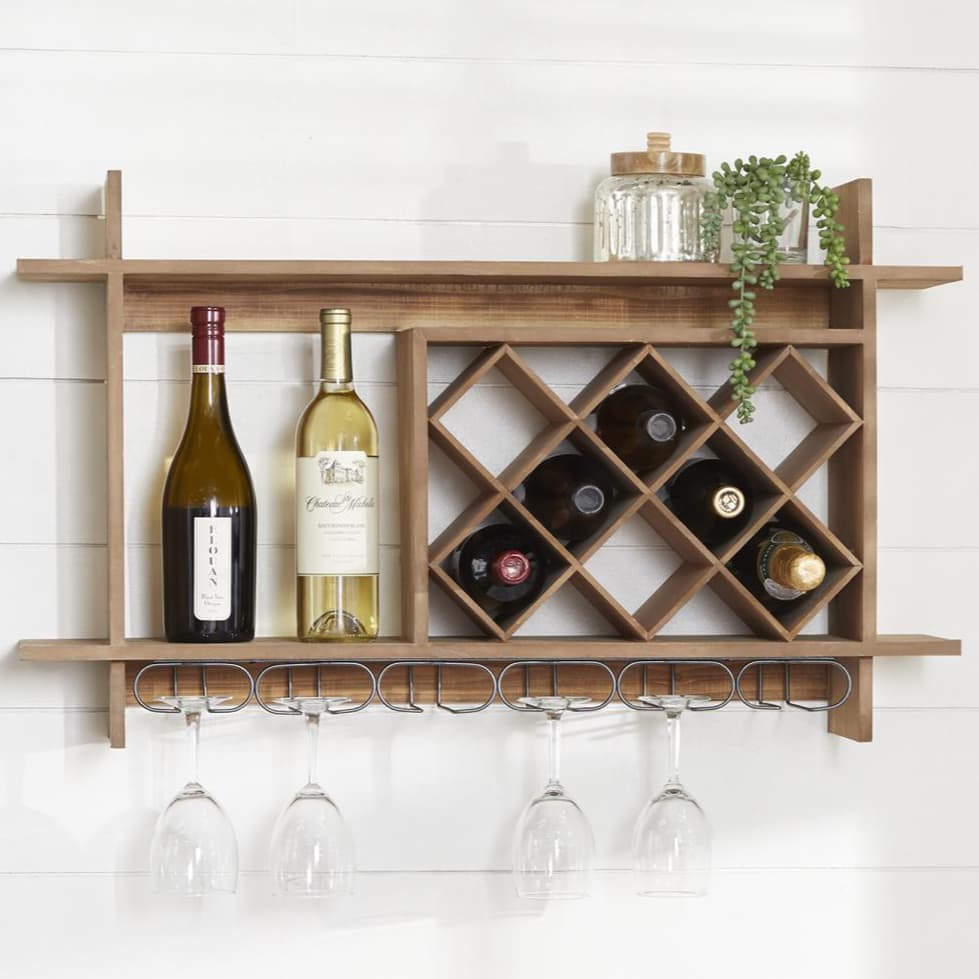How to Store Comforters
1. Choose breathable storage materials.
If you choose to store a comforter in a bag (which is recommended to help protect the integrity of the material while in storage), make sure to choose a breathable bag material; cotton is an excellent choice for airflow – whereas materials like plastic or other synthetics can trap moisture. In place of bags, a large cotton sheet (as a covering) also works. You can also try a box (in place of a bag) – just make sure it’s acid-free, as acid in cardboard can lead to yellowing and discoloration over a length of time.2. Consider hanging.
Folding a comforter in a closet or drawer is a common method, but a less common (but still viable) option is to hang it. Comforter hangers are large and extra-durable to be able to hold heavy items. This is a great option if you need to access your comforter more regularly. While hanging a comforter in a closet is more prone to dust-collection, it does maximize breathability and airflow (a problem that can be hard to solve in tight shelves or drawers).3. Choose a space that’s completely dry.
The best storage spot for a comforter is dry. Any damp or wet corners or spots in the home more prone to humidity, such as bathroom areas or garages, should be avoided. Inspect the area closely for mold or mildew formation, as this is a sign that the area is not completely dry. Keeping your comforter dry in storage will better preserve its shape and quality. Essentially, it’s better overall – when you do finally bring your comforter out of storage, you have a nice, dry, non-wet comforter to sleep in. Consider such areas as linen closets, clothes closets (on the floor of, or hanging from), a large dresser drawer, a chest or trunk and a large storage bench. Whichever space you do choose, just make sure it’s large enough; the more space the comforter has in storage, the less it will have lost its shape when you take it out. While linen closets, drawers, chests, et al are usually “safe,” it’s always a good idea to inspect these spaces for moisture before storing a comforter. If you are worried about slight moisture in the air or harboring on surfaces, it may be worth buying a moisture absorber ball (which can be hung in closets or placed in corners).4. Consider harder-to-reach spaces.
When looking for a place to stash a spare comforter, it can be easy to go for the nearest open shelf or drawer. There are, however, a few reasons why you should store a comforter a tad more out-of-the-way. For one, an out-of-the-way storage space (i.e., one that you don’t “touch” regularly or that is out of sight in your daily routine), will ensure that the comforter isn’t disturbed; it won’t be brushed against, picked up, or pushed to make room for more items. (Another reason to keep it out of sight, out of mind: it minimizes the temptation to take it out and examine it when you don’t need to; the less handling of your comforter overall, the better for its quality.) Keeping it in a harder-to-reach spot is a good idea, as well, if you live with a spouse or have kids, because even if your comforter is not a family heirloom, it was still probably expensive (as most comforters are); consider storing your comforter away from curious hands a bit like “comforter insurance!” If you choose to store your comforter in a linen closet, choose the top shelf, not the middle; if you choose to store a comforter in a chest or trunk, keep the chest or trunk in the back of a closet or in the corner of an unused spare room.5. Clear the space of dust.
Before placing your comforter, grab a towel or a duster! Wipe down the area of dust. Even if you don’t see dust, wipe it down anyway (even invisible particles are still there, and can still affect the quality of your comforter.) A clean storage space will also decrease the chances of mildew, mites and other hazards to linens. If the surface of the area is knotty (or splintery), you may want to line it with a sheet of acid-free paper – especially if your comforter is woven or stitched and more likely to catch and snag. Finally, consider a cloth bag or covering designed for linens to act as a barrier between the comforter and surrounding environs. As with storing clothing, towels and other household items, an ounce of prevention is worth a pound of cure: taking the time to create conditions ideal for comforter storage and preservation will keep things easier on you in the long run. (Why is it so important to keep a dust-free space? One of the main reasons is that with certain comforter material types, dust can cause so much as irreversible stains.)6. Learn the right way to fold.
You could scrunch your comforter up and store it in a ball, or you could fold it in a neat, wrinkle-free stack. Hint: we recommend the second option. While folding a comforter seems easy, there’s actually a right and wrong way to do it; the following folding techniques make a huge difference when it comes to long-term comforter storage.For thick comforters: Lay the comforter down flat. Pick up both corners of one end, and fold them over so that they take up one-thirds of the comforter. Pick up both corners of the new folded end and repeat so that it meets the last third of the comforter. For thin comforters: Lay the comforter down flat. Pick up one corner and fold it into the center of the comforter, and repeat for the other three corners. Then, fold the comforter at the center. Once you’ve folded your comforter, assess the size of your storage space; if needed, fold the comforter in half again to fit. Cinch the comforter with a tie – a string or ribbon wrapped around each edge will keep the folds in place while in storage.
7. Consider an odor eliminator.
There are a host of reasons you may need to keep a comforter in storage – you want to switch out comforter styles for different seasons, you want to keep a spare comforter in case of overnight guests, you’re saving a keepsake comforter (a sort of family heirloom), or you simply like the idea of “stocking up” in case of a rainy day. While the reasons differ from person to person, the end goal is uniform: to be able to pull out a well-kept, fresh, clean comforter (is there anything better?) at a moment’s notice.Odors, unfortunately can creep in from everywhere and everything, creating a musky scent in and around the comforter and affecting that fresh-and-clean-comforter feeling we all so want. To prevent mystery smells from lingering and trapping, use an odor-absorber. Odor-absorbers come in the form of bags with hooks (for hanging from closet rods) or gel pockets that can be placed in a shelf corner. Even if the storage space doesn’t seem like it smells, that doesn’t always necessarily mean that it’s fresh; an odor-eliminator will purify the air and help to keep a ‘mint condition’ feel for years on end.
Find Your Comfort


King Duvet Cover-Beige Fawn Cotton Waffle Weave 3 Piece Set With 1 Duvet Cover + 2 Shams
$102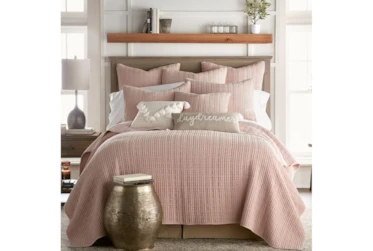

Full/Queen Quilt-3 Piece Set Waffle Blush
$90

Full/Queen Comforter-Pewter Grey Cotton Waffle Weave 3 Piece Set With 1 Comforter + 2 Shams
$104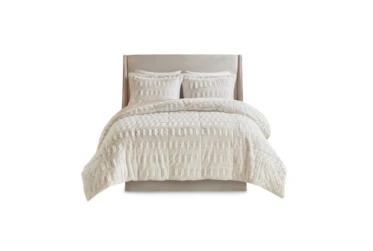
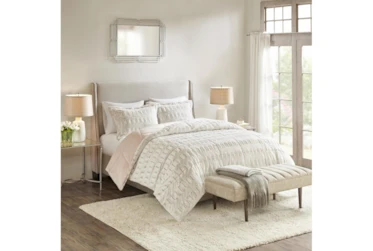
Full/Queen Comforter-3 Piece Set Fur Print Cream & Blush
$76

King/Cal King Quilt-3 Piece Quilt Set Cross Stitch Charcoal
$109

Full/Queen Quilt-Taupe Cotton Waffle Weave 3 Piece Set With 1 Quilt + 2 Shams
$90

King/Cal King Quilt-Cocoa Brown Cross Stitch 3 Piece Set With 1 Quilt + 2 Shams
$101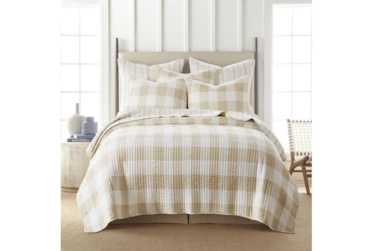
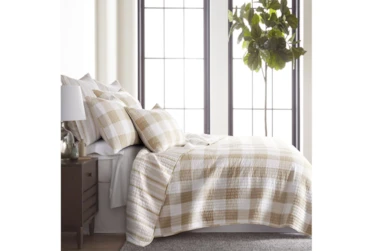
King Quilt-3 Piece Set Reversible Farmhouse Buffalo Plaid To Stripe Taupe
$101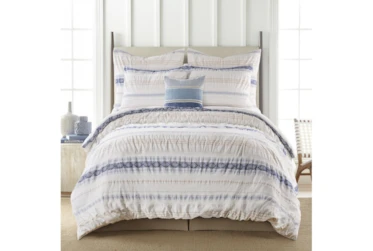

King Eastern King Duvet-3 Piece Set Tribal Aztec Woven Stripe | Ruching White/Blue
$97

King Duvet Cover-Bright White Cotton Waffle Weave 3 Piece Set With 1 Duvet Cover + 2 Shams
$102

King Duvet Cover-Cream Cotton Waffle Weave 3 Piece Set With 1 Duvet Cover + 2 Shams
$102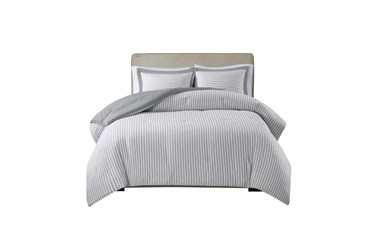
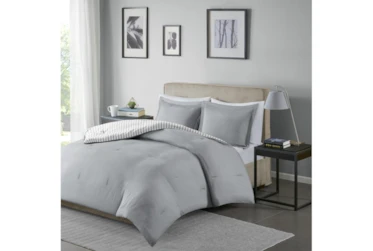
Eastern King/Cal King Comforter-3 Piece Set Reversible Stripe Down Alternative Grey
$67

King Quilt-Taupe Cotton Waffle Weave 3 Piece Set With 1 Quilt + 2 Shams
$101

Full/Queen Quilt-Navy Cotton Waffle Weave 3 Piece Set With 1 Quilt + 2 Shams
$90

Full/Queen Quilt-Cocoa Brown Cotton Waffle Weave 3 Piece Set With 1 Quilt + 2 Shams
$90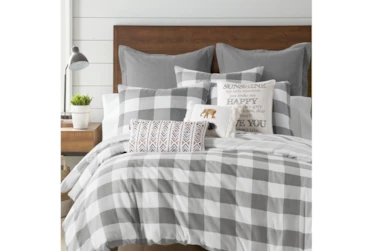

King Duvet-3 Piece Set Reversible Farmhouse Buffalo Plaid To Stripe Grey
$86— Bedding Tips —
Get Comfortable
Read the Latest
Editorial Disclaimer: Articles featuring tips and advice are intended for educational purposes and only as general recommendations. Always practice personal discretion when using and caring for furniture, decor and related items.
